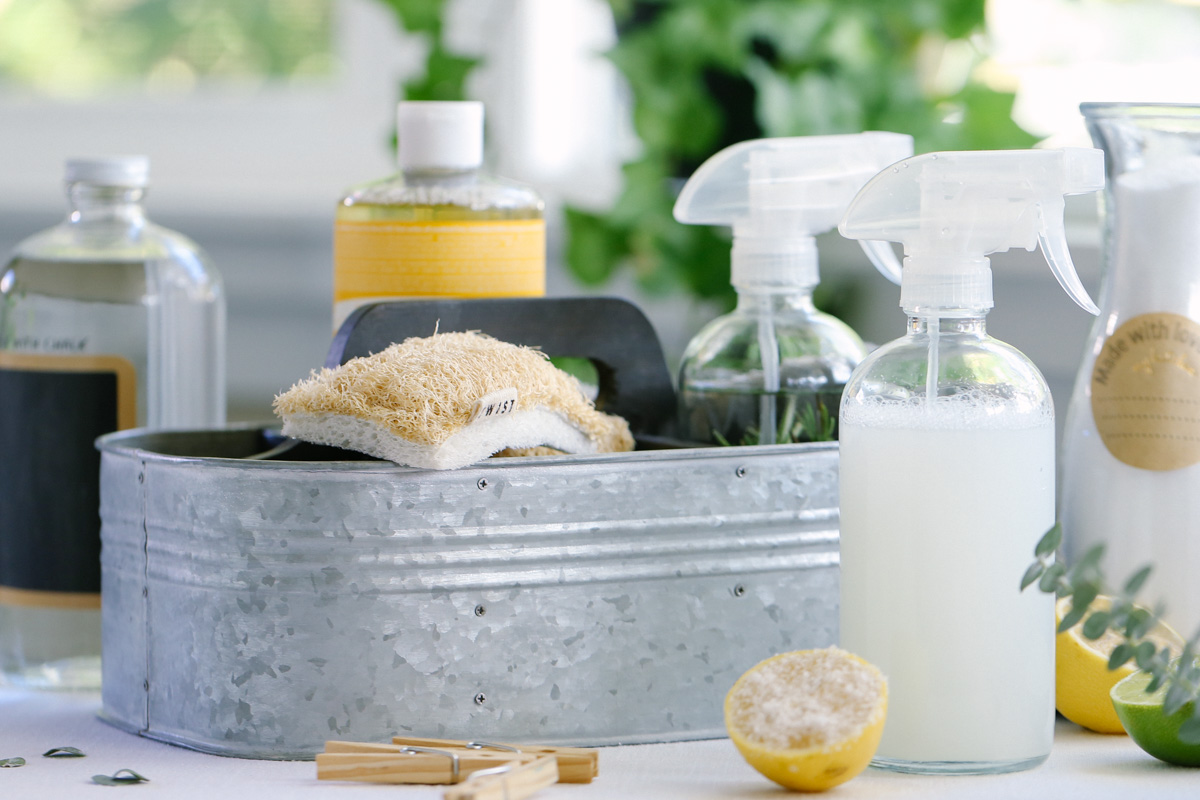This month we are going to dive into the discussion of Hormone disrupters; what are they? Why are they dangerous to our health? How we can avoid these disrupters just by taking minor actions to save our natural hormones.
So what is a hormone disrupter?
Hormone disruptors, also known as endocrine disruptors, are chemicals that can interfere with the normal function of our hormones. Hormones are chemical messengers that regulate a wide range of physiological processes in the body, including growth, development, metabolism, and reproduction.
Hormone disruptors can mimic or block the actions of our natural hormones, which can lead to a range of health problems, including reproductive and developmental issues, obesity, diabetes, and even some types of cancer.
Some common hormone disruptors include:
- Phthalates: Found in plastics, personal care products, and some food packaging, phthalates have been linked to decreased testosterone levels in men, and altered thyroid hormone levels in pregnant women.
- Bisphenol A (BPA): Found in plastic containers, BPA has been linked to reproductive abnormalities and breast cancer.
- Triclosan: Found in antibacterial soaps and other cleaning products, triclosan has been linked to disruption of thyroid function, and may also contribute to the development of antibiotic-resistant bacteria.
- Parabens: Found in many personal care products, including shampoos, lotions, and makeup, parabens have been linked to reproductive problems in women.
- Dioxins: Found in some pesticides and industrial chemicals, dioxins have been linked to a range of health problems, including cancer, immune system suppression, and reproductive and developmental issues.

In our home there are several areas where we can find these products. Such as our bathroom, kitchen or laundry room. But you do not need to live in fear and throw it all out. Take one room at a time, or one product at a time. Slowly and little by little you can make BIG changes for your health. Maybe you start by bringing a plant into your home, or opening the windows for 20 minutes a day. When you run out of shampoo or soap the next time you order new ones, look at the labels. When you need to replace your laundry detergent or all purpose cleaner, look for a non-toxic one. We may not even realize just how easy it can be to clean up our homes, and how these little steps can keep our hormones safe for us, and all our loved ones living with us. No matter where we are at in our life, one tiny step like adding a plant to your bedroom, that can filter the air while you sleep, is a BIG step for our health!
There are several steps you can take to detox your home:
- Switch to natural, non-toxic cleaning products: Look for cleaning products that are labeled as non-toxic or natural.
- Use natural air fresheners: Avoid using air fresheners that contain synthetic fragrances. Instead, use natural air fresheners like essential oils, beeswax candles, or natural potpourri.
- Improve ventilation: Open windows and use exhaust fans when cooking or using cleaning products to improve indoor air quality.
- Filter your water: Consider installing a water filtration system.
- Choose natural personal care products: Choose personal care products like shampoo, soap, and toothpaste that are free of chemicals like parabens, phthalates, and triclosan.
- Use natural pest control methods: Avoid using chemical pesticides and opt for natural pest control methods like traps, baits, and diatomaceous earth.
- Have plants in your homes: Plants filter our air and they are cheap and do not require much maintenance.
By taking these steps, you can help reduce your exposure to chemicals and create a safer, healthier home environment for you and your family.
Detoxing your home is important for several reasons:
- Health: Exposure to chemicals found in common household cleaners and other products has been linked to a variety of health problems, including respiratory issues, skin irritation, and hormonal imbalances. By reducing your exposure to these chemicals, you can help protect your health and the health of your family.
- Sustainability: By using natural, non-toxic alternatives to harsh chemicals, you can reduce your carbon footprint and support sustainable living practices.
- Cost: Switching to natural, non-toxic alternatives can save you money in the long run, as many of these products can be made at home using inexpensive ingredients.
Overall, detoxing your home from chemicals is a simple but effective way to improve your health, protect the environment, and support sustainable living practices.

